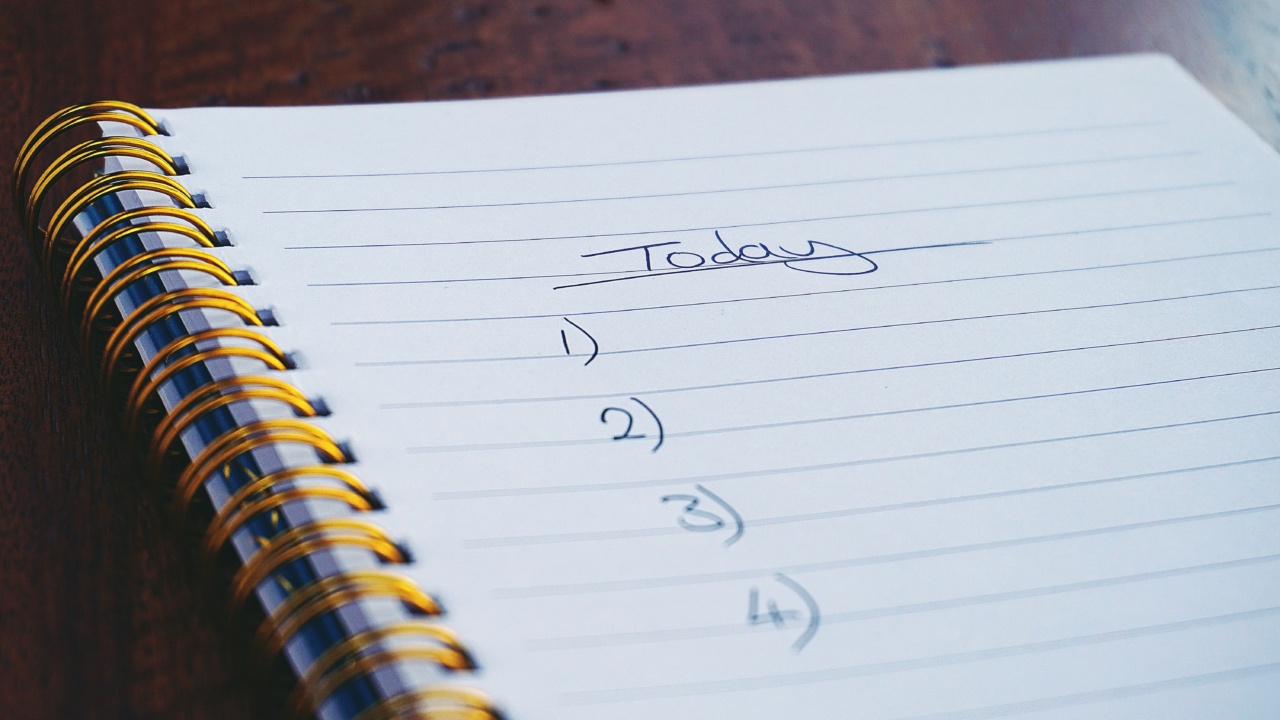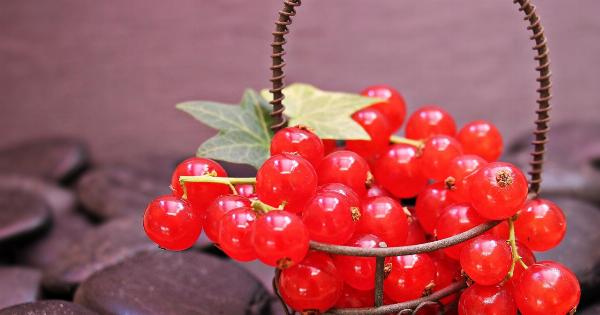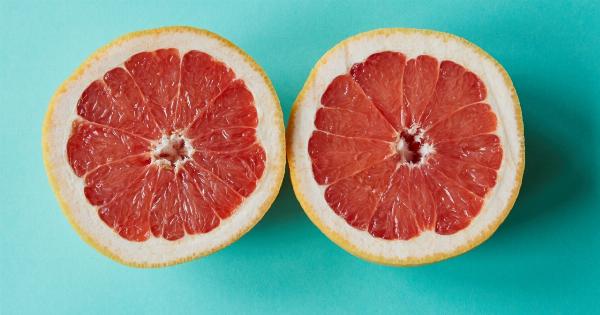If you have ever experienced kidney stones, you’ll know that they can be incredibly painful. The good news is that there are things you can do to prevent them from forming or recurring.
One of the most important things you should do is to avoid certain foods that can increase your risk of developing kidney stones. In this article, we will provide you with a list of foods to avoid if you have kidney stones.
What are Kidney Stones?
Kidney stones are formed when minerals and salts in your urine bond together and become hard crystals. They can form in your kidneys, bladder, or ureters, and can range in size from tiny grains of sand to large stones that can block urine flow.
They can cause severe pain, nausea, blood in urine, and difficulty urinating. Some people are more prone to develop kidney stones than others, especially those who have a family history of kidney stones, are obese, or have certain medical conditions, such as gout or inflammatory bowel disease.
The Do-Not-Eat List
Here are foods that you should avoid or limit if you have kidney stones:.
1. Oxalate-rich foods
Oxalates are compounds found in many plant-based foods that can combine with calcium in your urine and form crystals that can contribute to kidney stones. Foods high in oxalates include:.
- Spinach
- Rhubarb
- Beets
- Soy products
- Swiss chard
- Chocolate
- Nuts and nut butter
- Tea
2. Sodium-rich foods
Excessive salt intake can increase your risk of developing kidney stones, as it can cause your kidneys to excrete more calcium. Foods that are high in sodium include:.
- Processed and packaged foods
- Canned soups and broths
- Salty snacks, such as chips and pretzels
- Fast food
3. Animal protein
Eating too much animal protein can also increase your risk of developing kidney stones, as it can cause your body to excrete more calcium and uric acid. Foods that are high in animal protein include:.
- Red meat
- Poultry
- Eggs
- Seafood
4. Sugar and sweetened foods
Consuming too much sugar and sweetened foods can also contribute to kidney stones formation, as it can increase your urine excretion of calcium, oxalates, and uric acid. Foods that are high in sugar and sweeteners include:.
- Sugary drinks, such as soda and energy drinks
- Candy and sweet desserts
- Baked goods and pastries
- Sugar-sweetened cereals and granola bars
- Sweetened yogurts and other dairy products
5. Vitamin C supplements
Although vitamin C is essential for your overall health, taking high doses of vitamin C supplements can increase your risk of developing kidney stones, especially if you have a history of kidney stones or are prone to developing them.
Vitamin C can be converted into oxalates in your body, which can contribute to the formation of calcium-oxalate stones. It is recommended to stick to the recommended daily allowance (RDA) for vitamin C from foods, which is about 75-90 mg per day for most adults.
Conclusion
If you have kidney stones, avoiding or limiting certain foods can help prevent them from forming or recurring.
By eating a balanced diet that is low in oxalates, sodium, animal protein, and sugar, you can reduce your risk of developing kidney stones and promote overall kidney health. Consult with your healthcare provider or a registered dietitian if you need more guidance on how to modify your diet to prevent kidney stones.






























